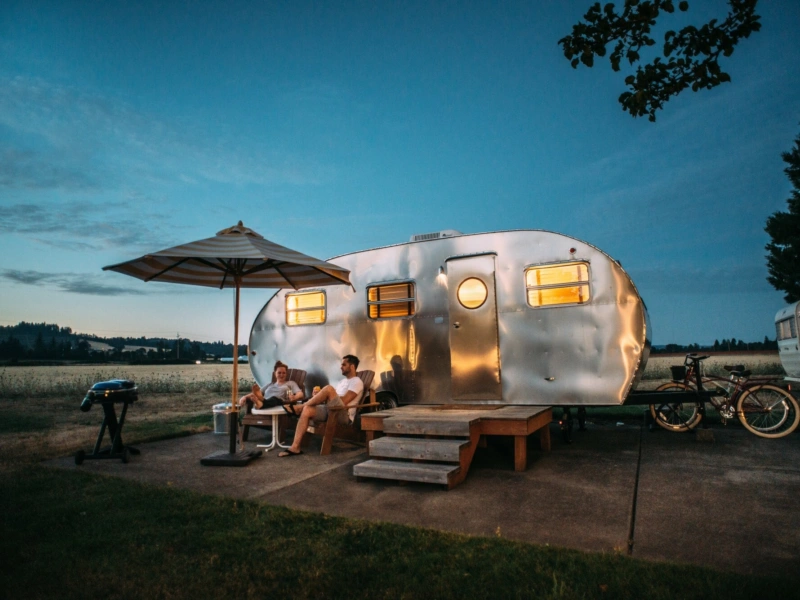Life Insurance Blog
Insights published by our Life Insurance experts, to help you cut through the noise.

Can AI help you choose Life Insurance?
Wondering if you need life insurance in NZ? AI tools like ChatGPT can help explain the basics—but real advice matters when it comes to protecting your future.

How to talk about life insurance in the holidays
When everyone is relaxed and together could be the perfect time to have an honest and face to face conversation about money, including life insurance.

Want life insurance advice without talking to anyone?

Health guide - Reduce your cholesterol with 5 top tips

How do jobs or hobbies affect your life insurance premium?

How do I choose a life insurance provider? A simple guide

Back to basics – how does Life Insurance work in NZ

Easy ways to feel happy - 5 key things that make a difference

Why women need to start talking Finance and Life Insurance

Five Life Insurance Myths - Busted

How many conditions should a trauma insurance policy cover?

What's a winning life insurance combo? Suitable and affordable

What is Whole of Life, Cash Value and Level Premium insurance?

Life Insurance, suicide and taxes (explained simply)

Rainbow families need life insurance too.

How to talk about life insurance with your partner

Life Insurance, vaccines & Covid-19 – your questions answered

What is a good amount of life insurance? (3 ways to calculate)

Do I have to pay taxes on a life insurance policy?

Does my Life Insurance policy cover Coronavirus? Yes it does.
Showing 20 of 173 articles
Load more

